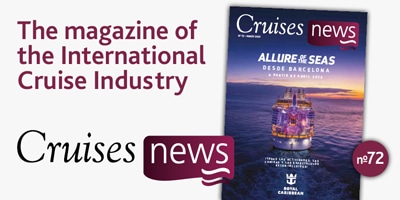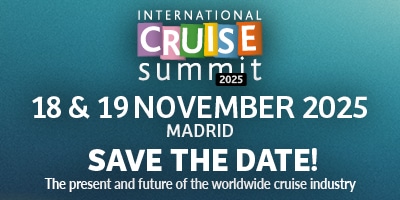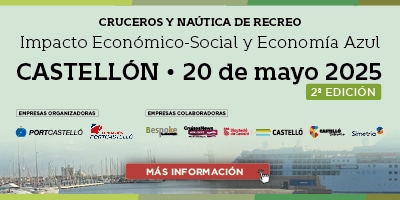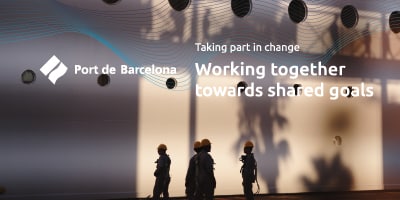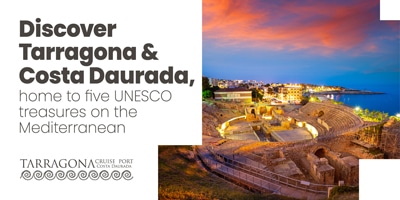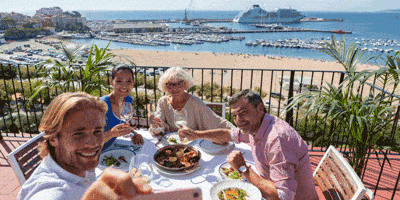David Selby, Managing Director Travelyields and Director of ICS 2019
Well, in the early hours of Monday 23rd September, it happened. Thomas Cook, one of the most famous names in leisure travel having been in business since 1841, is no more. The collapse has left a total of around 600,000 Thomas Cook holidaymakers stranded overseas, kick-starting a repatriation effort to bring back around 300,000 to Germany, 150,000 to the UK and many to Scandinavian countries and others.

Thomas Cook’s failure leaves around 20,000 staff out of work. The holidays of those due to fly out from the 23rd onwards have been cancelled and all the aircraft are on the ground. There has been great support for those staff affected throughout the UK travel industry, with job opportunities posted consistently on social media – particularly Linkedin.
Whilst the thinking was that a £900 million rescue package in place, Thomas Cook’s banks demanded an extra £250 million at the last minute for contingency purposes, not least to get the company through the winter. That was the final straw.
There was chaos at the airports, and despite the huge media hunger on Brexit here in the UK, the Thomas Cook story has been a major feature in the national and international news all week. The government which refused to bail the company out saying that any money would just delay the inevitable, and has vowed to pursue an investigation of top management.
Key Failings
However, it seems that there were two major strategic decisions from previous management years ago that were a major factor in the decline of the company.
Thomas Cook merged with MyTravel – more commonly known as Airtours – in 2007. Airtours was extremely successful in the 1990s, but by the early-mid 2000s was struggling. Many will remember MyTravel also owned Sun Cruises, which sold its owned ships to help generate cash. That business subsequently turned out to be far weaker than expected even within Thomas Cook.
The next poor decision came three years later when Thomas Cook “merged” (for merged read “takeover”) its high street travel agents with those of the Co-op. This left Thomas Cook with a huge chain of high street travel agent shops – just as more people were booking flights and accommodation on the internet.
The upshot was that earlier this year, Thomas Cook admitted that it had debts of £1.6bn. Geopolitical incidents in places such as Turkey – a strong destination for Thomas Cook – and Tunisia haven’t helped, nor did a scorching hot summer in northern Europe last year, or a British Pound weakened by the uncertainty of Brexit.
The Cruise Sector
For several years, many people in the industry asked themselves “When will Thomas Cook get into cruising?” After all, the sector has been growing for decades and its big rival TUI operated cruise ships, which in turn provided business for not only its airline and its own travel agents, but also Intercruises, which it owned for a considerable time.
The fact was, that which such a big debt, Thomas Cook chose not to operate cruise ships, siting too many risk factors, not only financial but operational.
However, Thomas Cook was in the cruising sector. It was for many years the largest seller of cruises in the UK, as a retailer. It sold all the big brands in very high volumes.
Now of course, cruise lines are rushing to contact passengers to preserve those bookings and seeking to make those customers “direct bookers” in the future. Their challenge will be to convert those retail customers who for the most part enjoyed the face to face communication that the high street offered.
Next Year
Holiday programmes for all the major tour operators have already gone on sale for 2020. Companies such as TUI, Jet2 and others will be hastily adjusting their programmes – and increasing prices – to reflect that in the short to medium term, the volume of land based holidaymakers arriving in Mediterranean hotspots is likely to decrease.
At the same time IMO rules regarding fuel in the Mediterranean are likely to affect cruise costs which need to be offset. Will more of Thomas Cook’s land-based holidaymakers turn to a cruise holiday which will help the yields to offset the cost increases?
Whatever happens, 2020 is likely to see some readjustment in holiday taking. Watch this space.
This topic will be addressed among many others during November 27 and 28 at the ICS 2019 in Madrid. Please check the programme and confirmed speakers for more information.


